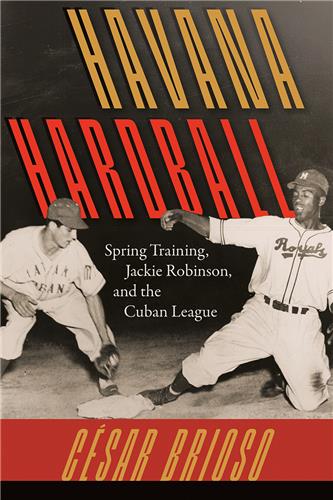Embracing Protestantism
Black Identities in the Atlantic World
John W. Catron
In Embracing Protestantism, John Catron argues that people of African descent in America who adopted Protestant Christianity during the eighteenth century did not become African Americans but instead assumed more fluid Atlantic-African identities. America was then the land of slavery and white supremacy, where citizenship and economic mobility were off-limits to most people of color. In contrast, the Atlantic World offered access to the growing abolitionist movement in Europe.
Catron examines how the wider Atlantic World allowed membership in transatlantic evangelical churches that gave people of color unprecedented power in their local congregations and contact with black Christians in West and Central Africa. It also channeled inspiration from the large black churches then developing in the Caribbean and from black missionaries. Unlike deracinated creoles who attempted to merge with white culture, people of color who became Protestants were "Atlantic Africans," who used multiple religious traditions to restore cultural and ethnic connections. And this religious heterogeneity was a critically important way black Anglophone Christians resisted slavery.
John W. Catron is an independent scholar living in Gainesville, Florida.
- Sample Chapter(s):
- Table of Contents
- Excerpt
Traces missionary activities in Africa, the Caribbean, and North America to reveal previously overlooked elements of African Atlantic religion and offer fresh perspectives on well-known historical figures. . .and events like the American Revolution. . . . An important addition to our understanding of Afro-Christianity in the British Atlantic world in the eighteenth century.
--Journal of the American Academy of Religion
A powerful reminder of just how much Africans and African Americans in the English-speaking world engaged with Christianity before the nineteenth century.
--Journal of Southern Religion
A succinct synthesis of the last twenty-five years of scholarship on black Atlantic religion from the early Atlantic slave trade to 1800.
--Journal of Southern History
An important contribution to the scholarly literature on Afro-Christianity in the Atlantic world. . . . Demonstrat[es] the presence and vitality of a transatlantic Afro-Protestant community, one shaped by and in opposition to the violent system of Atlantic slavery.
--William and Mary Quarterly
Offers a fresh perspective on the growth of black Protestantism and the Great Awakening. . . . Catron’s description of Atlantic African culture and his inter-denominational lens are essential for telling a new and important story about eighteenth-century Atlantic religions and the expansion of black Christianity.
--Journal of Ecclesiastical History












